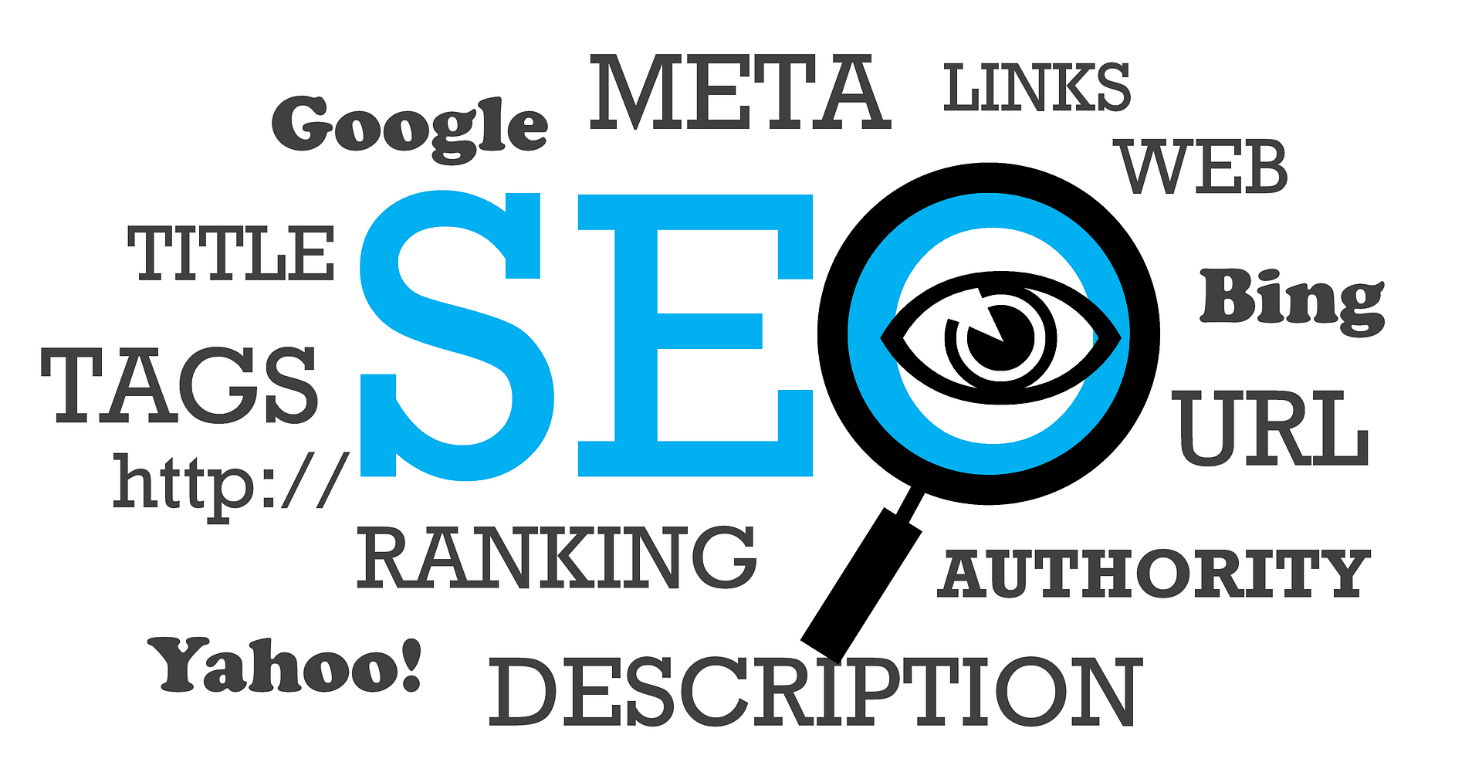
If you’re a blogger with multiple active blog posts on your site, you’d probably know that only about a small number of your posts get good traffic. In fact, 90% of the traffic is directed towards certain specific posts, which indicates that you did something right in writing those pieces. And what was that something right that you did?
You probably used the right keywords in the right places , which ended up optimizing your website on search engines. In order to understand how and why this works, you’ll need to understand the whole concept of website ranking and why that matters for your business. This blog aims to explain just that.
Who’s the Ranker?
Google or any other search engine is obviously not sentient and can thus not put your website on a pedestal. The job is done by algorithms that through certain signals rank the content of the websites. The content includes all that is in text form, and if you’ve ever heard someone saying that “content is king,” you’ve heard right. This ranking puts you in a favourable position on a search engine whenever someone searches for certain keywords.
The Search
It is quite easy to make search queries online since we’ve all at some point done it: put in some words on a search engine and wait for the results to show up. Often we click on the first or second results, and those on the succeeding pages are never even given thought. It is these rankings you must aim for: optimize the right keywords to get your content ranked better; and better ranked content means increased traffic.
The Keyword
So what is the keyword? If you’re a business that sells pizzas, should you restrict your keyword to “pizzas?” Bear in mind that even though they’re called “keywords” they can also be phrases and expressions. Think of something you’d search for if you were looking for pizza—probably something like “best pizza Toronto” or “extra cheesy pizza London.” Each URL is driven by a different specific phrase, which is in turn called a “target keyword.” So for instance if you have 3 blog posts up on your site, each will have a different target keyword so as to maximize traffic. Keywords can further be differentiated into:
Short-tail: Any keyword ranging under 3 words is a short tail keyword. For example “discounted rates iPhone” and “keto diet” etc.
Long-tail: These keywords are usually longer and are more specific. For example “discounted rates iPhone 5s Toronto” or “losing weight with keto diet.”
Any word or words which are used for searches—we call this volume —for a number of times in a month are technically keywords and can help you drive traffic to your sites. Long-tailed keywords are better at the job since a person who’s specifically looking for “discounted iPhone 5s Toronto” will automatically be directed to your post.
The Position
Apart from your website, the keywords are also ranked on search engines. Those that have been used the most by people will rank the highest, so on and so forth. It is for this reason that you should target the highest ranking keyword on a search engine. This, in turn, helps you rank higher on the first page of search engines.
Using Volume
Understand that people don’t really talk in coherent language when they’re looking for information online. They’re less likely to search for “Classic Movies that Deserve Remakes” and more likely to search for “classic movie remakes.” Some of these keywords are used more often—and it is those you need to optimize.
From an SEO POV
When SEO-optimizing a post or a page, target keywords can be defined as the “meta-keywords.” This was big back in 2012, but the practise has somewhat dwindled in charm these days. This is because with the advancement of time search engines too have advanced, and can automatically detect keywords—which means the ranking procedure is automated too.
Finally, On Placing Keyword
Smart keyword placement is important—be wary of “stuffing” your posts and pages with keywords where they don’t belong because the algorithm is going to detect that. Ideally, the density should not exceed 2% of the entire article. You can target as many keywords as you like, but it’s better to keep them streamlined and specific for optimal traffic.
Custom Software Solutions
Customer Contact Solutions is an SEO agency in Toronto and London , Ontario which provides software solutions at affordable rates. Give us a call at (519) 614-4143 if you’re looking for SEO services and solutions.














